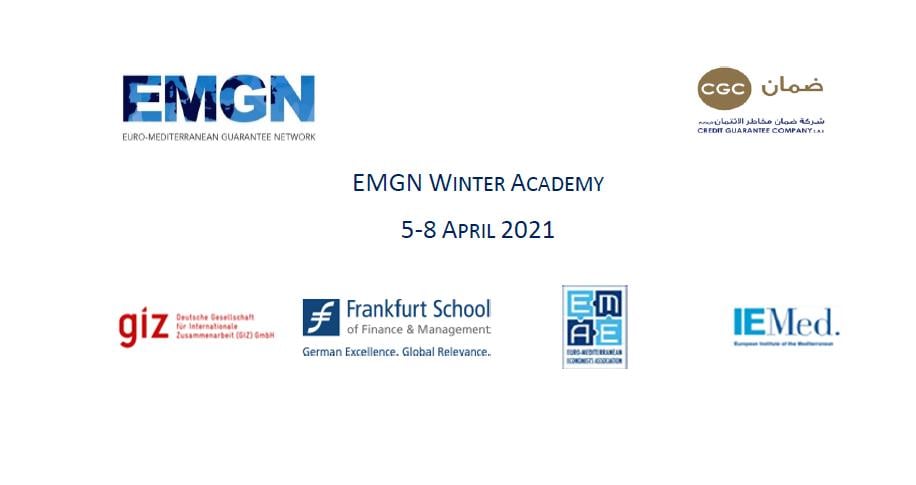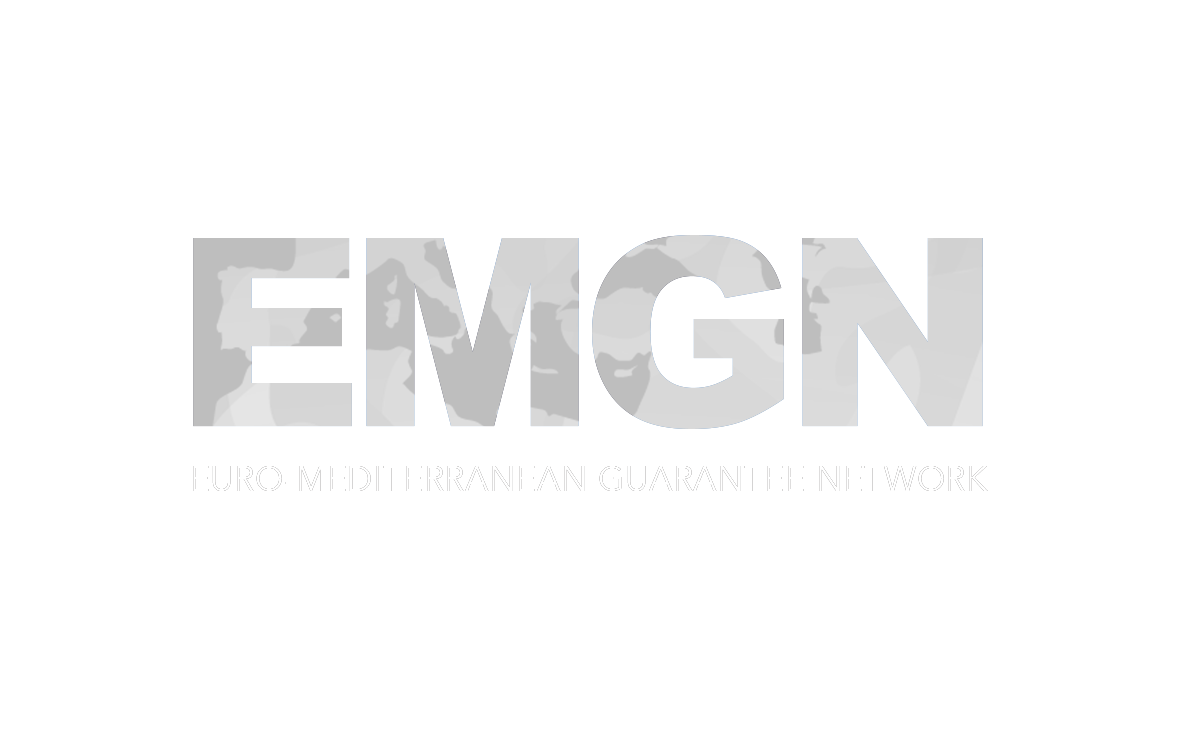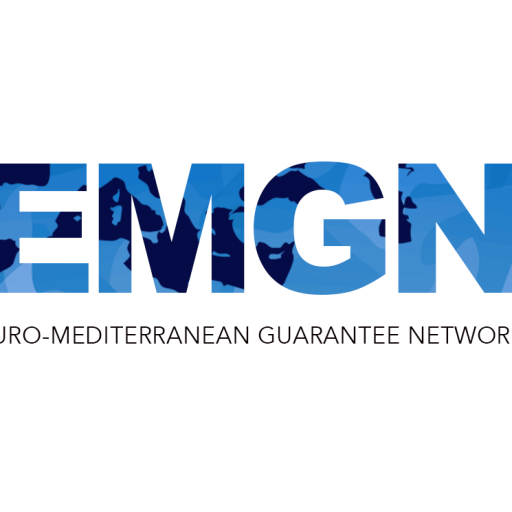
Posted on April 19, 2021
The Winter Academy “Enterprise Risk Management for Credit Guarantee Institutions” was organised by the Euro-Mediterranean Guarantee Network (EMGN) on 5 – 8 April 2021, as part of its activities in the field of peer-to-peer learning and capacity development.
The EMGN Academy is promoted by the Euro-Mediterranean Economists Association (EMEA), the European Institute of the Mediterranean (IEMed) and the Deutsche Gesellschaft für Internationale Zusammenarbeit (GIZ). The Winter Academy, conducted virtually, was co-organised by the Deutsche Gesellschaft für Internationale Zusammenarbeit (GIZ), implemented by the Frankfurt School of Finance & Management, and Co-hosted by the Credit Guarantee Company (Egypt).
This risk management winter academy was designed to support risk managers of Credit Guarantee Institutions (CGI) from South and East Mediterranean partner countries in identifying and measuring key risk exposures. Accordingly, the methods consisted of a mixture of inputs from different resource persons, combined with interactive methods in adult education and a professional facilitator who guided the group through the whole process.
Key highlights from the EMGN Winter Academy training workshop:
- Prudent risk management ensures Credit Guarantee Schemes’ sustainability and can help them mitigate different types of risks including; credit, operational, liquidity, and market risks.
- CGSs should adopt a holistic risk management framework, which includes a well-developed risk management strategy, operating model, methodology, communication, and infrastructure.
- CGSs should also adopt a proper risk culture in which everyone across the entire hierarchy must identify and manage the risks under their responsibility and diligently carry out the controls embedded in the business processes of the organization.
- Identifying and measuring key operational and credit risk exposures is key to ensure resilience.
- Additionally, in the context of the COVID-19 pandemic, CGSs emerged as the main policy tool for providing crisis support, emphasizing that stress testing, extreme scenarios, and unexpected losses should also be embedded in their risk management strategy.
- Government interventions should not reduce the incentive to monitor and manage moral hazard and free ridership problems.
Related Activities

The heterogeneous nature of CGS in the Southern Mediterranean is revealed by their different performance in providing guarantees to MSMEs; ownership and governance structures; objectives; approaches to guarantee extension; distribution channels; guarantees product range; risk management practices as well as supervision and regulatory frameworks. This diversity calls not only for a careful analysis of the different schemes, but also for an exchange of best practice between EU, Southern Mediterranean and schemes operating in other regions in order to identify features and practices of CGS conducive to better outreach to MSMEs and efficiency, bearing in mind that the ultimate objective of EMGN trainings is to empower Southern Mediterranean CGS to reach their full potential.



About The Author: Emgn_admin
More posts by emgn_admin